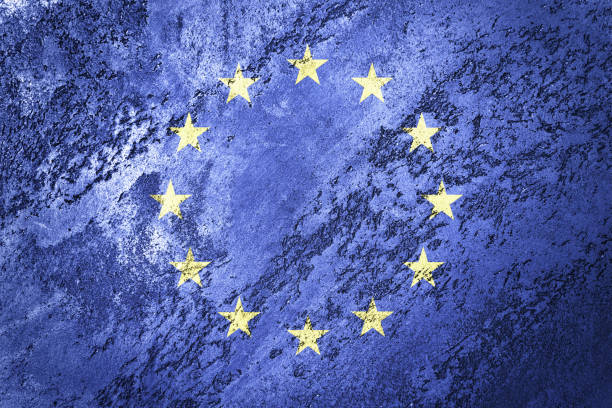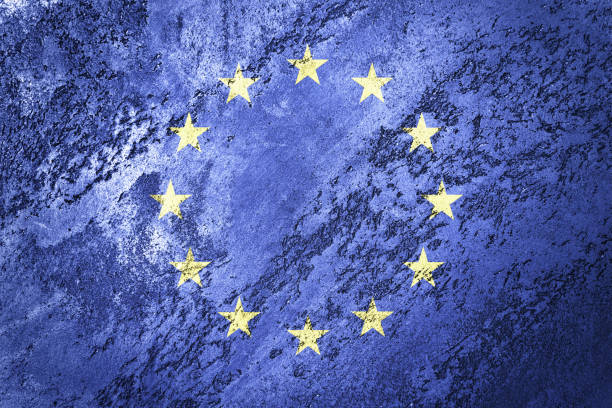
It has been another busy week in the EU. It removed a key obstacle to adopting its new budget for 2021-27 and its recovery fund, next generation EU. The breakthrough came as Poland and Hungary agreed to lift the veto on the EU budget following an agreement struck with the current German rotating EU presidency. The deal does not change the ties between pay-outs under the budget and the rule-of-law standards, but sanctions following from breaches cannot be enforced until the European Court of Justice has made an assessment regarding the legality of the new rules. This could cause potential sanctions to be delayed for as much as one year. The approval of the EU budget and recovery fund are essential to support the European economy in 2021 amid a still fragile recovery.
We still do not know whether there will be a Brexit deal or not, as PM Boris Johnson and European Commissioner President Ursula von der Leyen agreed to keep talking at least until Sunday. We are still leaning towards thinking a deal is more likely than not but we have definitely become more worried, as the end of the transition period 31 December 2020 is approaching fast.
In Frankfurt, the ECB recalibrated its policy instruments with a balanced, conservative package but did not change its overall monetary policy stance. It raised the total envelope of the Pandemic Emergency Purchase Programme by EUR500bn to total EUR1,850bn while extending the date ‘at least until March 2022’ from the previous guidance of June 2021.
Next week in the euro area, we will be looking out for Flash PMIs. It will be interesting to see whether services PMIs have reached a trough in November and start rising again in December. At least, the expectations components were quite promising in the November PMIs and according to our activity tracker, activity in large parts of the euro area is increasing again, although from low levels. In the US, on the other hand, we see some signs that the increase in new COVID-19 cases is weighing on activity, see more on page 5.
In the UK, the first person was vaccinated with the Pfizer COVID-19 shot this week. Rolling out the vaccine has not been without hiccups, though, as two adverse reactions caused Britain’s medicine regulator to advise people with a history of significant allergies not to get the vaccine.
In China, exports were up 20% y/y in November, marking the strongest growth in ten years, indicating that the strong global manufacturing boom is continuing. Next week, we look for more strong readings in industrial production and retail sales as signalled by robust PMI readings lately. The annual Central Economic Work Conference may also start next week. It sets out policy guidelines for the coming year.
In Japan, PM Suga approved a long-awaited stimulus package worth JPY73.6trn (13.7% of GDP). JPY40trn is spending to support the economy, currently struggling with a new round of restrictions after new COVID-19 cases resurged. Next week, we expect the Bank of Japan to extend its emergency lending facilities beyond the current run-off date of 31 March 2021, including the 0.1% interest paid to financial institutions on the amount of loans made under the new facility.
Full report in PDF.


 Signal2forex.com - Best Forex robots and signals
Signal2forex.com - Best Forex robots and signals




